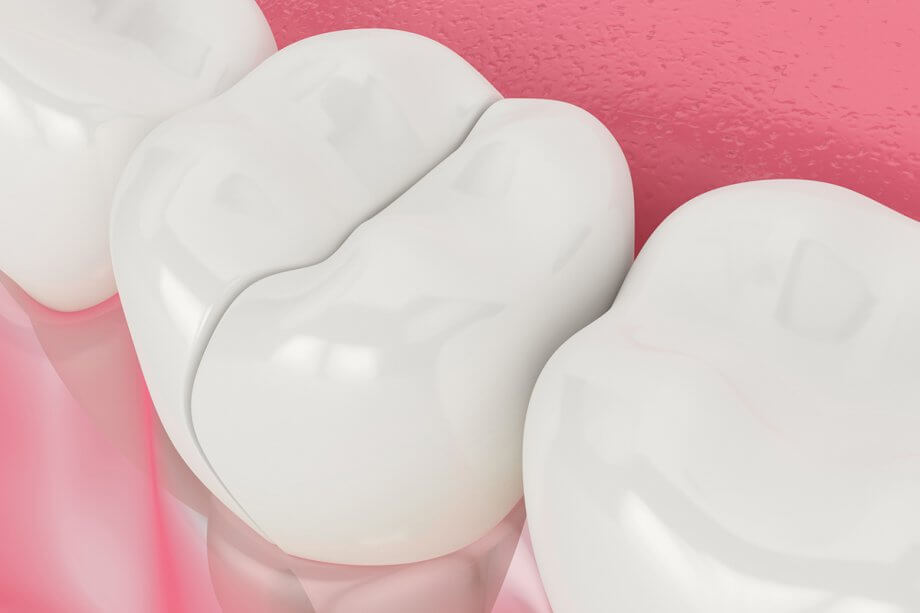Protecting our teeth is an essential part of maintaining our overall health. Yet, many of us don't realize how easily cracked teeth can occur during sports or even in everyday activities. The good news is that there are practical steps we can take to safeguard our smiles and minimize the risk of damage.
Whether you're an athlete striving for peak performance or someone juggling the demands of daily life, this guide will walk you through the necessary precautions to prevent cracked teeth. We'll cover the importance of protective gear, healthy habits to strengthen your teeth, and best practices for preventing accidents. Let's keep your smile intact and healthy!
The Importance of Protective Gear for Sports
Anyone participating in sports—whether recreational or competitive—runs the risk of dental injuries. However, using the right protective gear can make a world of difference. Here are some essential tools to consider:
1. Mouthguards
A custom-fitted mouthguard is one of the most effective ways to prevent cracked teeth during sports. These devices cushion your teeth and jaw, absorbing the shock of impact in activities like football, basketball, or martial arts.
Unlike over-the-counter options, a custom-fitted mouthguard is designed specifically for your mouth, ensuring both comfort and effectiveness. We recommend consulting your dentist to get one tailored to fit your needs.
2. Helmets with Face Protection
For sports like hockey, lacrosse, or even skateboarding, helmets with face shields or cages are critical. They not only protect your head but also act as a barrier between your face and potential impact.
3. Properly Maintained Equipment
Using worn-out or improperly fitted gear can increase the risk of injury. For example, a loose helmet or poorly maintained mouthguard may not provide adequate protection. Regularly inspect your equipment and replace it as needed.
Remember, prevention is key. Investing in high-quality protective equipment is a small price to pay compared to the cost of dental repairs.
Strengthening Your Teeth for Everyday Activities
Outside of sports, daily habits and routines can also put your teeth at risk. We're often unaware of how seemingly harmless behaviors can lead to cracked teeth. Here's how to protect them during your everyday activities:
1. Be Mindful of What You Chew
Hard foods, like ice cubes, popcorn kernels, or tough candies, can easily cause a tooth to crack. Instead, opt for softer alternatives or take your time to chew carefully. Remember, teeth are meant for chewing food—not opening bottles or tearing packaging!
2. Address Teeth Grinding (Bruxism)
Grinding your teeth, especially at night, is a common cause of dental fractures. If you suspect you grind your teeth while you sleep, a custom nightguard can help protect them. Talk to your dentist about this option.
3. Focus on Nutrition
A diet rich in calcium and Vitamin D helps fortify your teeth from within. Include dairy products, leafy greens, and healthy fats in your meals to support strong enamel. Staying hydrated also ensures that your saliva can effectively protect your teeth against bacteria and decay.
By implementing these simple changes, you'll reduce the likelihood of harm to your teeth in your day-to-day life.
Best Practices to Prevent Accidents
No matter how careful we are, accidents can happen. However, by practicing caution and adopting preventive measures, we can control the risk factors that lead to cracked teeth:
1. Take Extra Precautions with Physical Activities
Even if you're not participating in organized sports, everyday hobbies can pose risks. Activities like hiking, cycling, or even gardening can cause falls or collisions, potentially leading to dental injuries. Always wear appropriate safety gear and be conscious of your surroundings.
2. Maintain a Safe Home Environment
Falls at home are one of the most common causes of dental injuries. Keep your living space free of hazards such as loose rugs, cluttered staircases, or wet floors to prevent accidents. For families with small children, childproofing sharp edges and installing corner guards can be a lifesaver.
3. Schedule Regular Dental Checkups
Annual dental exams not only help maintain oral health but also provide early detection of minor cracks or weaknesses in your teeth. Catching these issues early can prevent them from worsening into serious injuries.
Taken together, these best practices create a strong foundation for safeguarding your teeth against unexpected accidents.
Frequently Asked Questions About Cracked Teeth
Can a small crack in my tooth heal on its own?
Unfortunately, cracks in teeth don’t heal like other parts of the body. If you suspect a crack, it’s essential to seek professional care. Left untreated, even a minor crack can worsen over time and lead to infection.
How can I tell if I’ve cracked a tooth?
Common symptoms include pain when chewing, sensitivity to hot or cold foods, or swelling around the affected area. If you experience any of these signs, contact your dentist for a thorough examination.
A Final Word on Keeping Your Smile Safe
Preventing cracked teeth might seem like a daunting task, but with the right knowledge and habits, it can easily become a part of your routine. From using protective gear during sports to being mindful of your chewing habits, there are countless ways to safeguard the health of your teeth.
At Contemporary Endodontics of Oklahoma, we specialize in treating and educating our patients about dental injuries like cracked teeth. If you have any concerns or need personalized advice, don’t hesitate to contact us. Together, we can ensure your smile stays strong and healthy for years to come.

